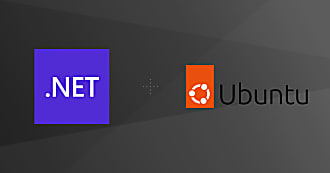Blog posts tagged
"Security"
Alex Jones
6 January 2023
Nathan Hart
5 January 2023
Valentin Viennot
19 December 2022
Chiselled Ubuntu: the perfect present for your containerised and cloud applications
Cloud and server Article
David Beamonte
15 June 2022
Valentin Viennot
8 June 2022









